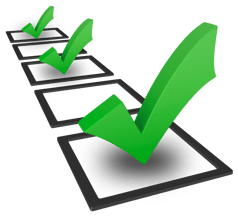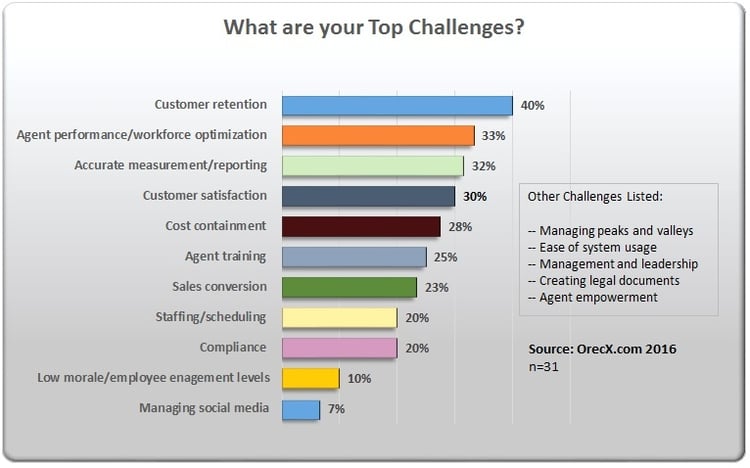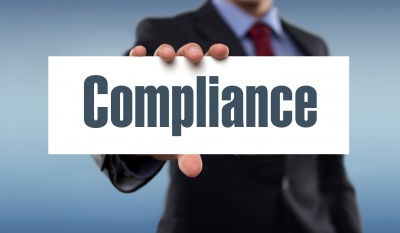With the ringing in of the new year, it is a good time to take stock of your assets so you can effectively plan for potential needs you might have throughout the year. This inventory can and should include your call recording system and all the features and functions it provides. To help you accomplish this task, here are 7 things to check for when determining if your call recording system is up to the task, or whether it might need to be replaced.
1. Scalability - Does your system scale up to thousands of users in the event you achieve accelerated growth?
2. Interoperability - Does your system feature an open API so you can easily and quickly integrate it with new systems, applications, etc.?
3. Analytics - Does your system contain advanced analytics capabilities (i.e. speech analytics or desktop analytics), and can it easily pull data from third party sources - CRM, SFA, etc.?
4. Cloud - Is your system cloud based, or does your provider at least offer cloud recording so you can consider a migration this year to save money, time and resources?
5. Quality monitoring - Does your vendor offer quality monitoring capabilities which you can easily integrate and start benefitting from (ensure high agent performance and customer service levels)?
6. Mobile recording - Does your vendor offer mobile-phone recording which you can easily turn on to start capturing calls your employees make on their company-issued mobile phones?
7. Mask/mute - Are you able to mask or mute calls containing sensitive information, such as during a credit card transaction?
These are just some of the many variables to consider when weighing the viability of your existing call recording system.













